Motion sensors certainly aren't the flashiest of HomeKit accessories, but they can add a lot of options to HomeKit installations. Fibaro makes the best out there with not just motion detection, but two other sensors packed into its slightly quirky body.
A big difference exists between a connected home and a smart home. Sensors and carefully crafted automation rules can help make your home make changes itself instead of always relying on interaction from you.
There are a ton of perks to having a motion sensor in your HomeKit-equipped home. Motion sensors can do everything from alert you if there is someone in a restricted area, to triggering lights on and off as you enter or leave rooms, or enabling a nightlight in hallways.
Not only does that make the home better for those living in it, but for those who don't necessarily have access to the smart home such as children or guests.
It looks funny!
The Fibaro Motion is spherical, with a simple snap-on stand to keep it in place. It's hard not to notice the similarity between the Fibaro Motion and an eye — which is even more noticeable when the light is on.
The shell is able to rotate and separate to house the small CR123A battery hidden inside. On the front is a diffused LED light to give visual feedback whenever motion is detected.
The base is rather small, so if placed near an edge, has the propensity to be knocked over and roll away. At the same time, the shape gives you a huge range of orientations. Placement is key with motion sensors, so being able to angle this in nearly any direction you'd like is ideal.
Instead of just setting it on a table, the tiny base can be mounted to a wall or ceiling, making it even more secure. At a minimum, a piece of removable adhesive can be placed under it to make sure it never accidentally gets bumped around.
Sensors sensors sensors
Fibaro didn't just pack a single motion sensor into this device, they also packed in a light and temperature sensor as well. Those often are two separate devices.
With this trio of sensors, it is even more powerful. Fans can be turned on when it becomes too warm or the thermostat can be adjusted.
Rules can also be more precise. Think of a basic rule to just turn on a nightlight when motion is detected. We can add conditions to that, so maybe it only turns on the nightlight when it is after sunset and people are home.
Using the light sensor of the Fibaro Motion, we can even say only turn on the nightlight when it is after sunset, people are home, and it is dark in the hallway or room. These types of intelligent rules make a big difference living with it every day and having a light turn on only when needed, and not otherwise.
Looking at just the motion sensor, you can get alerts whenever motion is detected. You can have these alerts only appear when you are away, or during certain parts of the day.
Apps
Fibaro's app is decent, though not great. While it shows you your whole home, and exposes a bit of additional information like the last time motion was detected versus Apple's Home app, it is limited in function, and has a poor layout.
To create some great rules, our preferred app is Eve. It lets you get extremely granular and walks you through the process of creating automation rules step-by-step.
Siri can also be used. She can let you know if lights are on in a room based on the light levels, if there are people in a specific room based on the motion, and what the temperature is.
A quick note, like many HomeKit accessories, Fibaro Motion runs on Bluetooth. That means to run automation tasks and recieve alerts remotely, you will need a Home Hub. That can mean a HomePod, an Apple TV, or an iPad.
Upgrade your home
Many have people have converted as much as possible to HomeKit devices, but many more are just tiptoeing into the smart home.
Everyone jumps on the most obvious categories such as lights, thermostats, and smart outlets. To truly make those devices smart you need to add a variety of sensors.
Of all the motion-sensing HomeKit devices out there, this is our favorite.
4.5 out of 5
Where to buy
Amazon, as is frequently the case, is the easiest way to get your hands on Fibaro's Motion multi-sensor where it is available for $69.99.
 Andrew O'Hara
Andrew O'Hara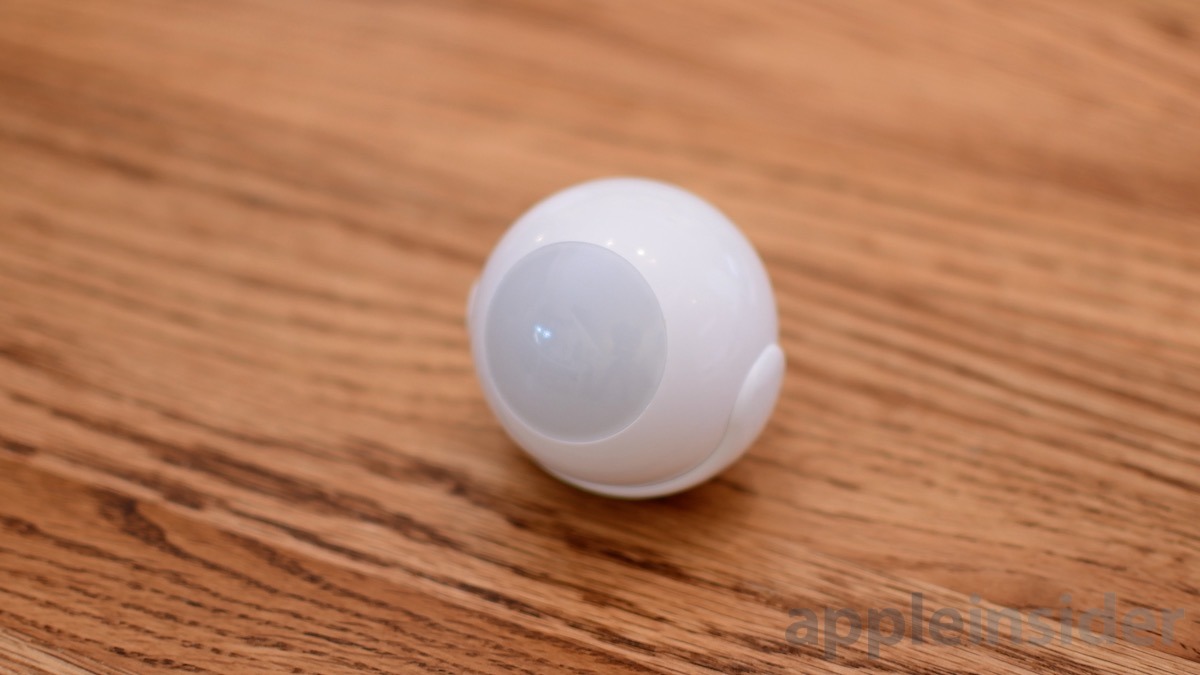
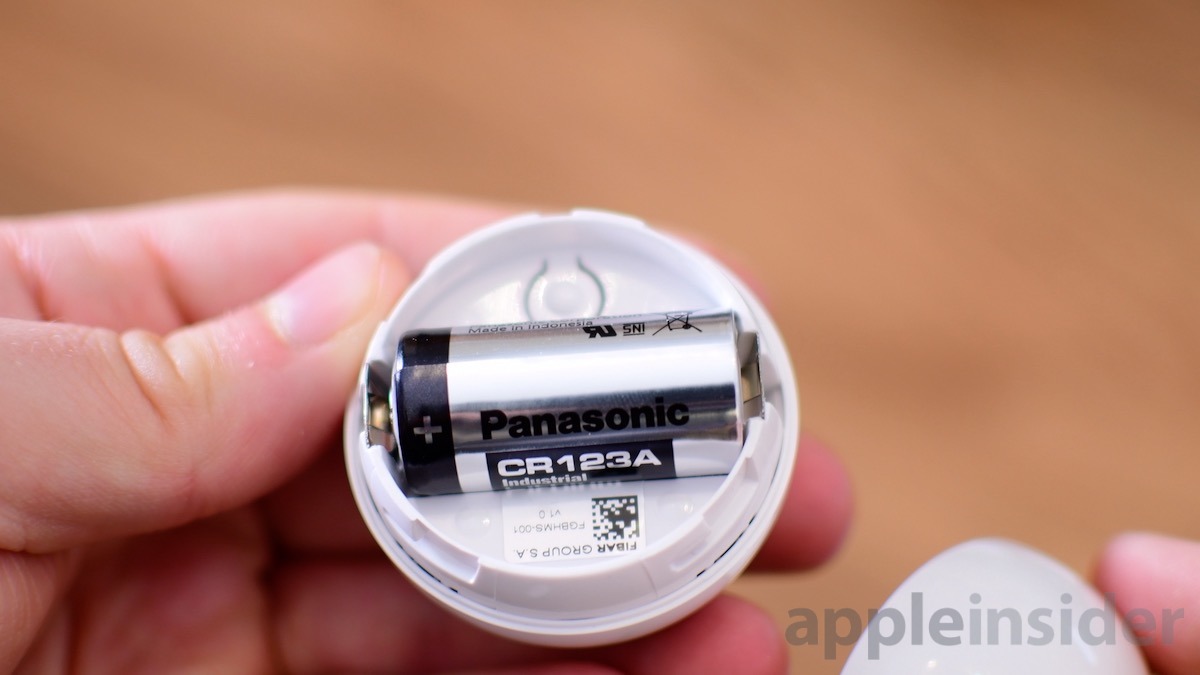
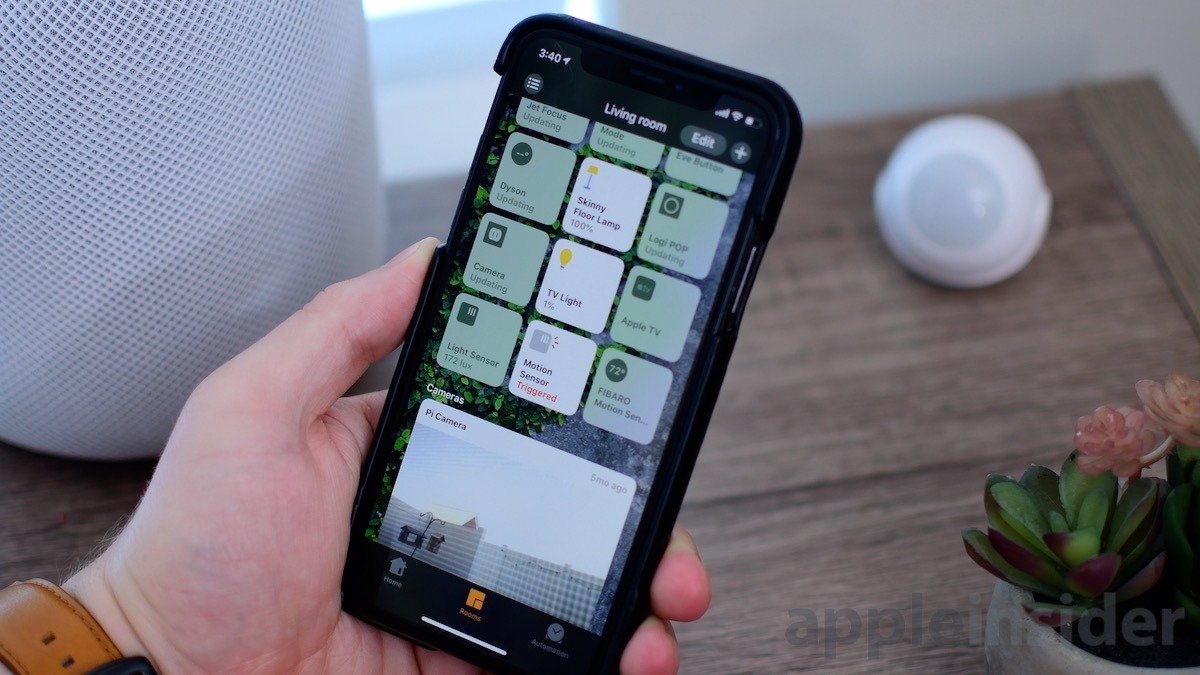
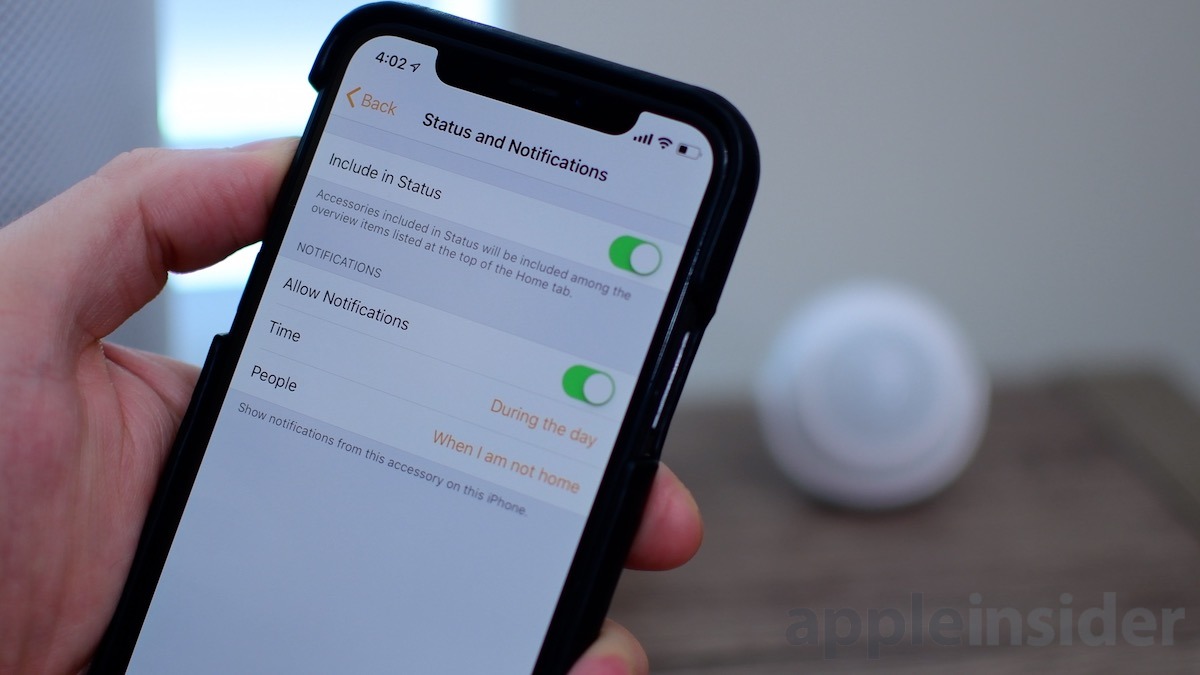
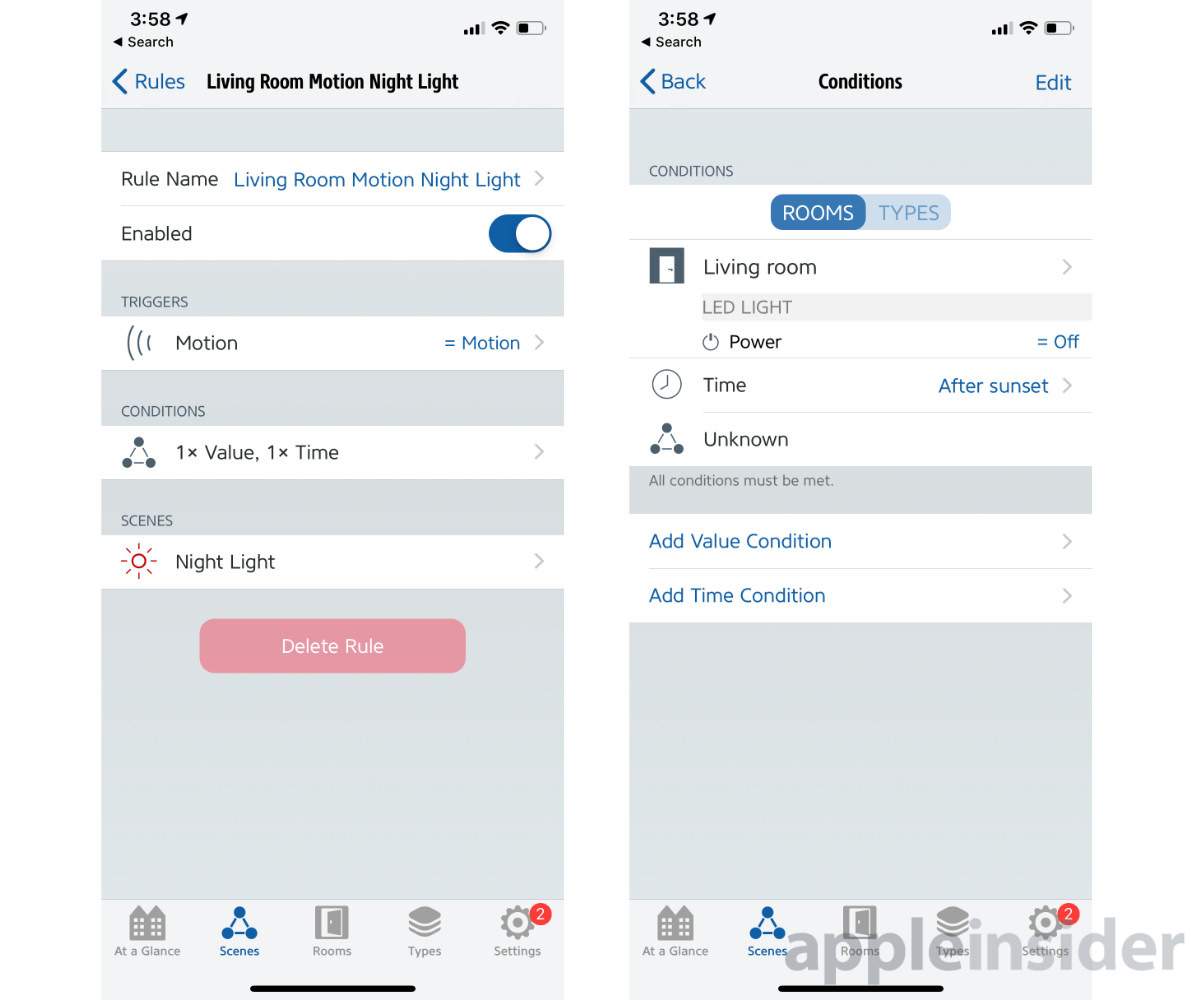
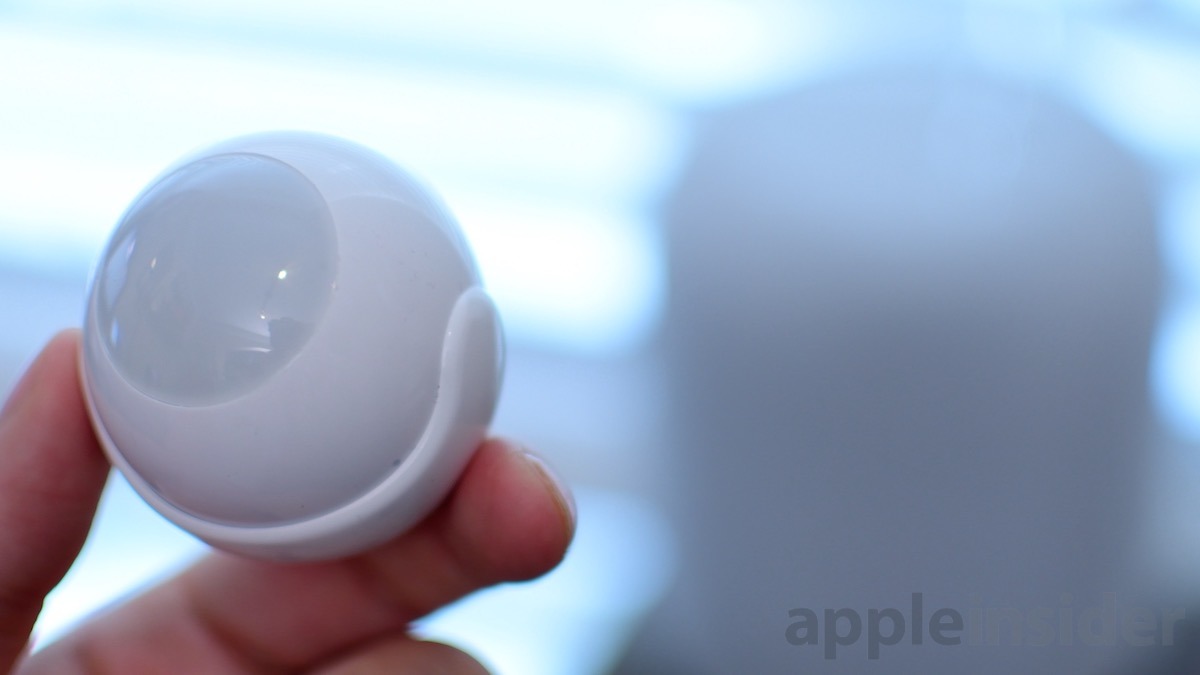




-m.jpg)


-m.jpg)






 Malcolm Owen
Malcolm Owen
 William Gallagher
William Gallagher
 Amber Neely
Amber Neely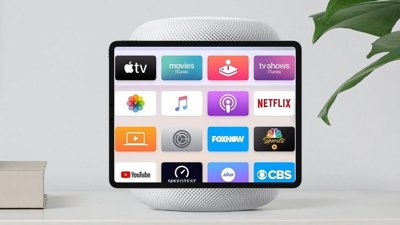

 Andrew Orr
Andrew Orr

 Christine McKee
Christine McKee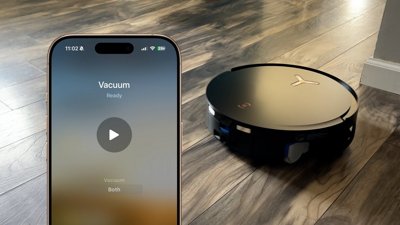







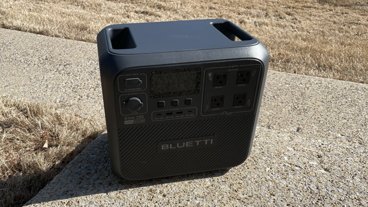

7 Comments
$70 is a high price for only having bluetooth connectivity. I can get the hue sensor for $40 which has all of these same sensors I think. Of course, if you don't already have a hue hub, then you would need one, but it isn't really that much of an added cost.
Step in the right direction, but we still don't have a great mechanism for what this is kinda trying to acheive -- occupancy sensing.
Motion (or the lack thereof) doesn't equal occupancy (or non-occupancy).
Nice, not too pricey imho but bluetooth only is a killer for me. Even with a homepod or apple tv I'd have to buy 5 or 6 "hubs" just to get the same coverage of wi-fi around my house, no use.